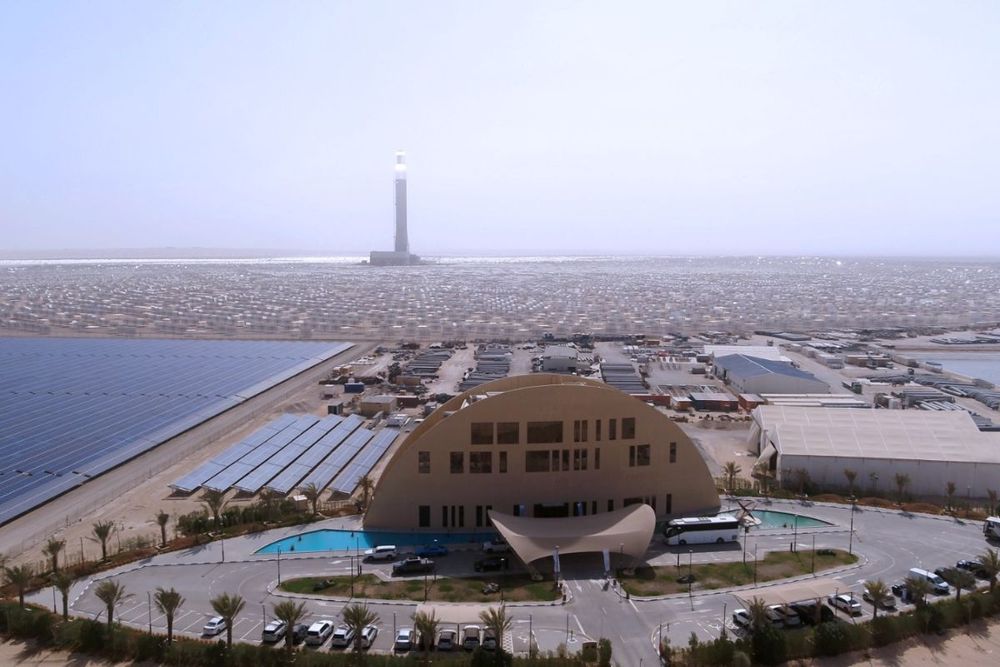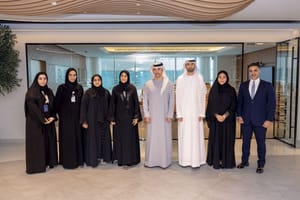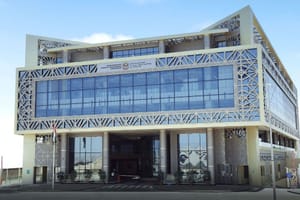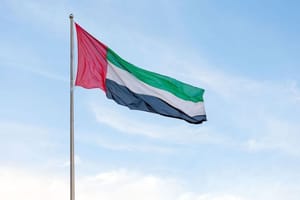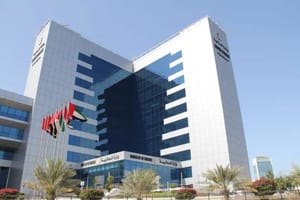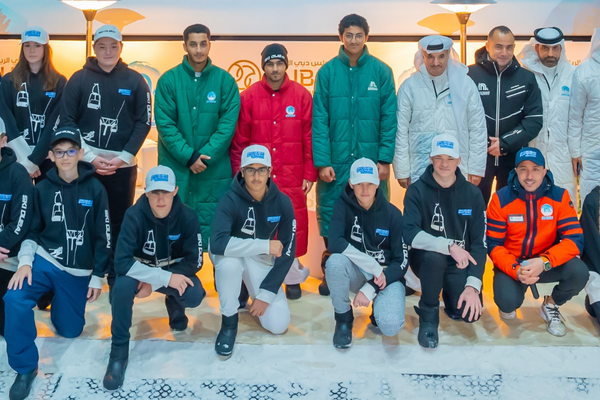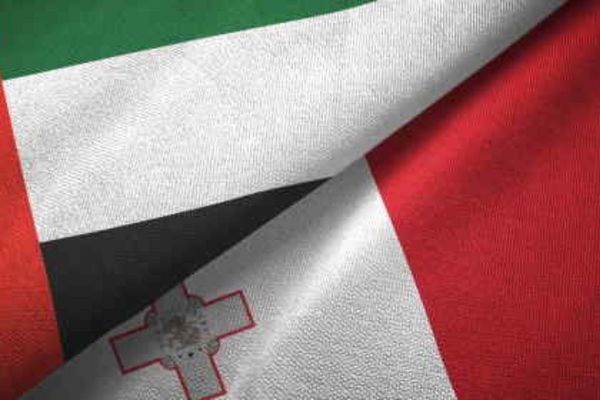UAE is implementing clean and renewable energy projects as a strategy to combat climate change and has taken early steps towards utilizing these types of energy, most notably solar energy, to meet most of its energy needs, achieve sustainable development and conserve the environment.
The UAE is preparing to bid farewell to the last drop of oil and achieve a balance between economic development and preserving a clean, healthy, and safe environment, reinforcing its global leadership in adopting clean energy technologies, most notably solar energy, through a portfolio of power stations, including the Noor Abu Dhabi Solar Power Plant, the Shams Solar Power Station in Abu Dhabi, and the Mohammed bin Rashid Al Maktoum Solar Park in Dubai, which rely on the country’s sunny climate throughout the year.
Hosting the 28th Conference of the Parties to the United Nations Framework Convention on Climate Change (COP28) in November will enable the UAE to create an interactive global platform for showcasing its efforts toward transitioning to renewable energy, especially solar energy. The UAE plans to harness renewable resources to meet some 50 percent of its energy needs by 2050.
Solar energy plays a vital role in realizing the UAE's strategic goal to achieve climate neutrality by 2050, marking the culmination of its efforts and local and global journey in climate action over the past three decades. Solar energy will help achieve the strategy's targets, which include diversifying income sources, creating opportunities for sustainable economic and social growth, maintaining a balance between sustainable development and reducing the effects of climate change, building a knowledge-based economy, and utilizing clean technology to achieve sustainable development and create a diverse mix of energy sources.
News Source: Emirates News Agency
